COMMENT
Mohamed Salah’s victory at the Confederation of African Football’s awards ceremony on Tuesday evening carried an air of inevitability, with the Liverpool forward a shoo-in to clinch the African Footballer of the Year award ahead of Sadio Mane and Pierre-Emerick Aubameyang.
However, while the Liverpool forward’s triumph was impossible to dispute, Caf’s Team of the Year threatens to completely undermine the awards ceremony’s credibility.
Of the 11 players named, several would surely have received near universal support across the continent’s football fans.
As key protagonists in Liverpool’s run to the Champions League final and their title challenge this season, no continental forwards could have edged out Mane or Salah.
Aubameyang, too, remains Africa’s elite striker in the world today, having maintained his goalscoring form at Arsenal after swapping the Bundesliga for the Premier League in January.
In midfield, Thomas Partey secured a spot in Caf’s dream team after also making Goal’s Africa Team of the Year for 2018.
Despite Ghana’s struggles, his spot in the team can be justified as he enjoyed a significant shift in status at Atletico Madrid, demonstrating the kind of dominant, match-winning performances that few other African central midfielders can match.
He also won the Europa League with Atleti.
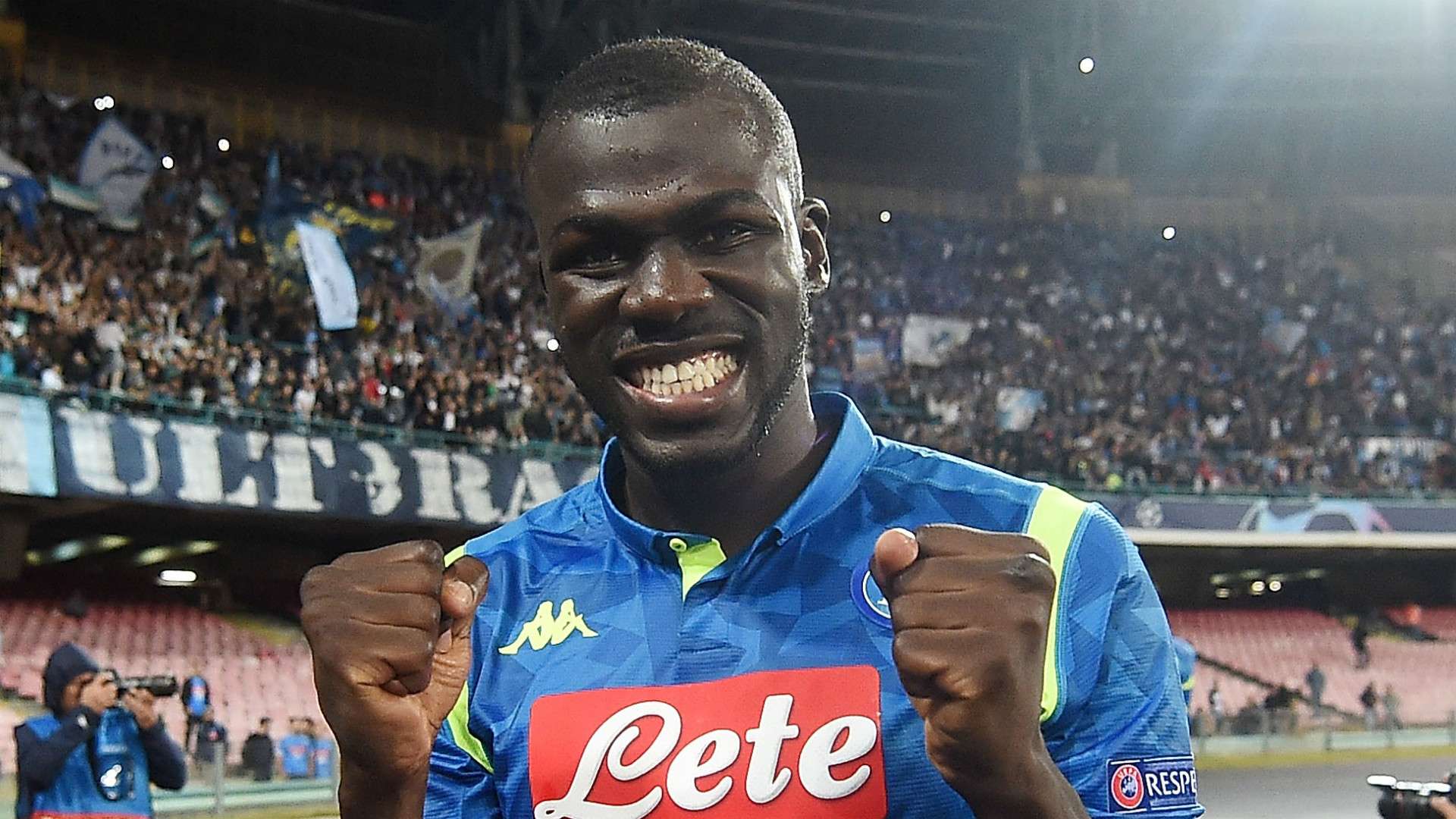 Getty Images
Getty Images
Of the five defenders, Kalidou Koulibaly and Medhi Benatia were safe bets by Caf’s voters.
The former remains Africa’s best centre-back, and while he’s been unable to help Napoli topple Juventus in Serie A, he’s made the Italian top flight’s Team of the Year for three consecutive calendar years.
Unlike Benatia, who won the Italian title and played a key role as Juve clinched the Italian Cup, Koulibaly didn’t end 2018 with silverware, although he did impress at the World Cup.
However, beyond the aforementioned six names, the other players in the Best XI deserve scrutiny, either because of their own failures or the claims of rivals.
For a start, it’s bizarre that Caf opted to cram three centre-backs into their four-man defence, with Koulibaly positioned—uncomfortably—on the left side of the backline.
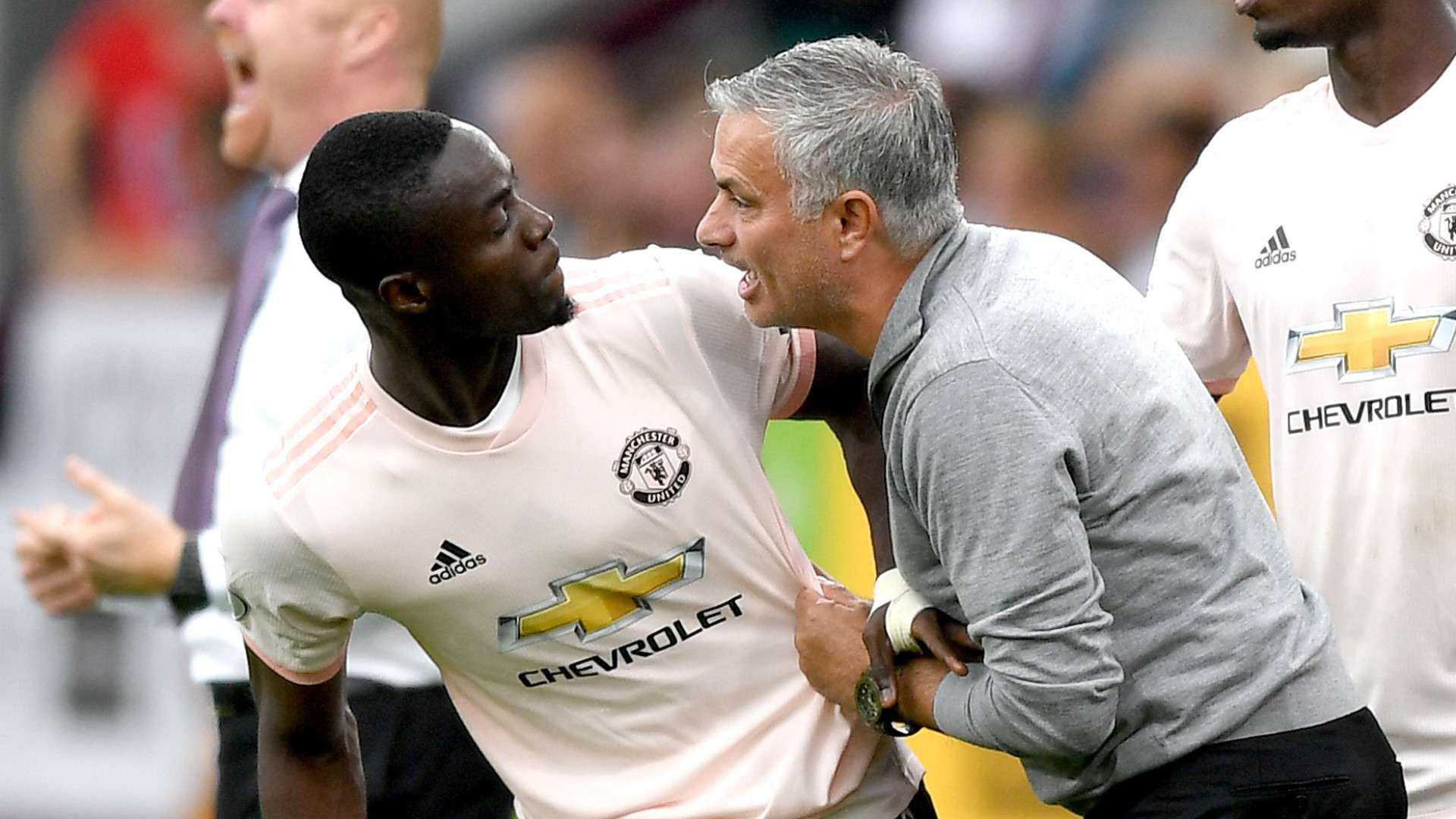 Getty Images
Getty Images
That he’s moved out to the flank in order to accommodate Eric Bailly, who’s coming off a miserable year with Manchester United, beggars belief.
The Cote d’Ivoire defender surely hasn’t been included in this team based on his performances during 2018, when he struggled for form and fitness and saw his standing diminish at Old Trafford.
Indeed, the failures of the Red Devils’ centre-backs was one of the key characteristics of Jose Mourinho’s troubled latter stages of his United tenure, and Bailly deserves his fair share of the blame.
This isn’t a team that requires a third centre-back, but surely Salif Sane, perhaps the Bundesliga’s best centre-back in 2017-18, stands head and shoulders ahead of Bailly.
The defensive line is completed by Serge Aurier, at right-back, who represents another bizarre inclusion.
Aurier, like Bailly, hasn’t been a regular starter at club level this term, managing just four Premier League starts for Tottenham Hotspur so far this term.
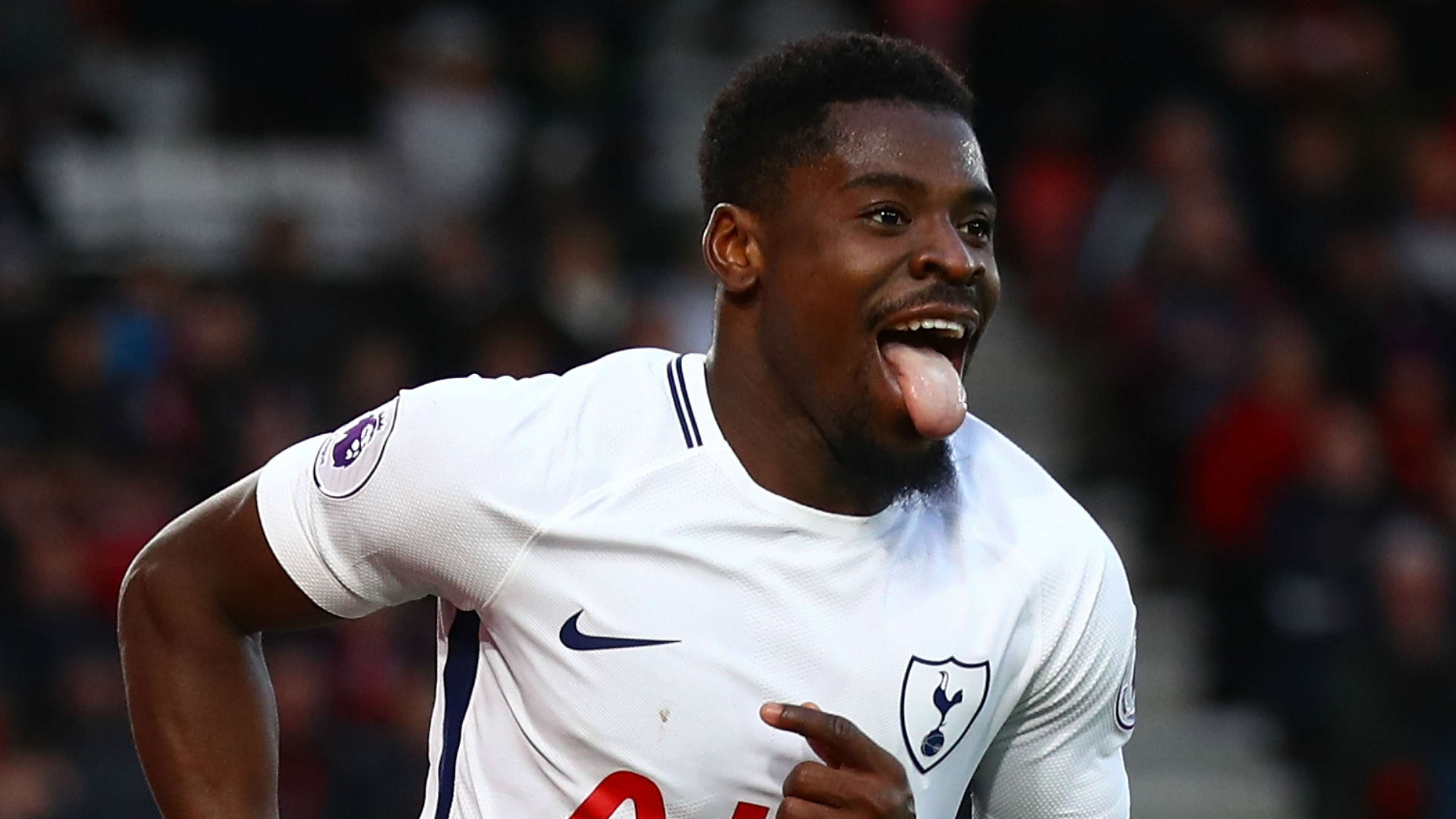 Getty Images
Getty Images
When he has featured, he’s appeared rash and uncertain, delivering a particularly poor showing as Arsenal scored four against Spurs in a 4-2 North London derby defeat.
There’s nothing about Aurier’s international career to commend him, and how it’s impossible to see how either he or Bailly can be included in his team ahead of Achraf Hakimi.
While the wonderkid won Caf’s Young Talent of the Year award, he’s conspicuous by his absence in the Team of the Year.
Unlike every player included in the Dream XI—with the possible exception of Koulibaly—Hakimi impressed at the World Cup despite playing on the ‘wrong’ flank for Morocco.
He also won the Champions League—the first Moroccan to do so—and has played a key role in Borussia Dortmund’s magnificent start to the season after moving to BVB on a two-year loan deal.
Hakimi ought to have been a shoo-in for this team.
So too, surely, should have been Hakim Ziyech.
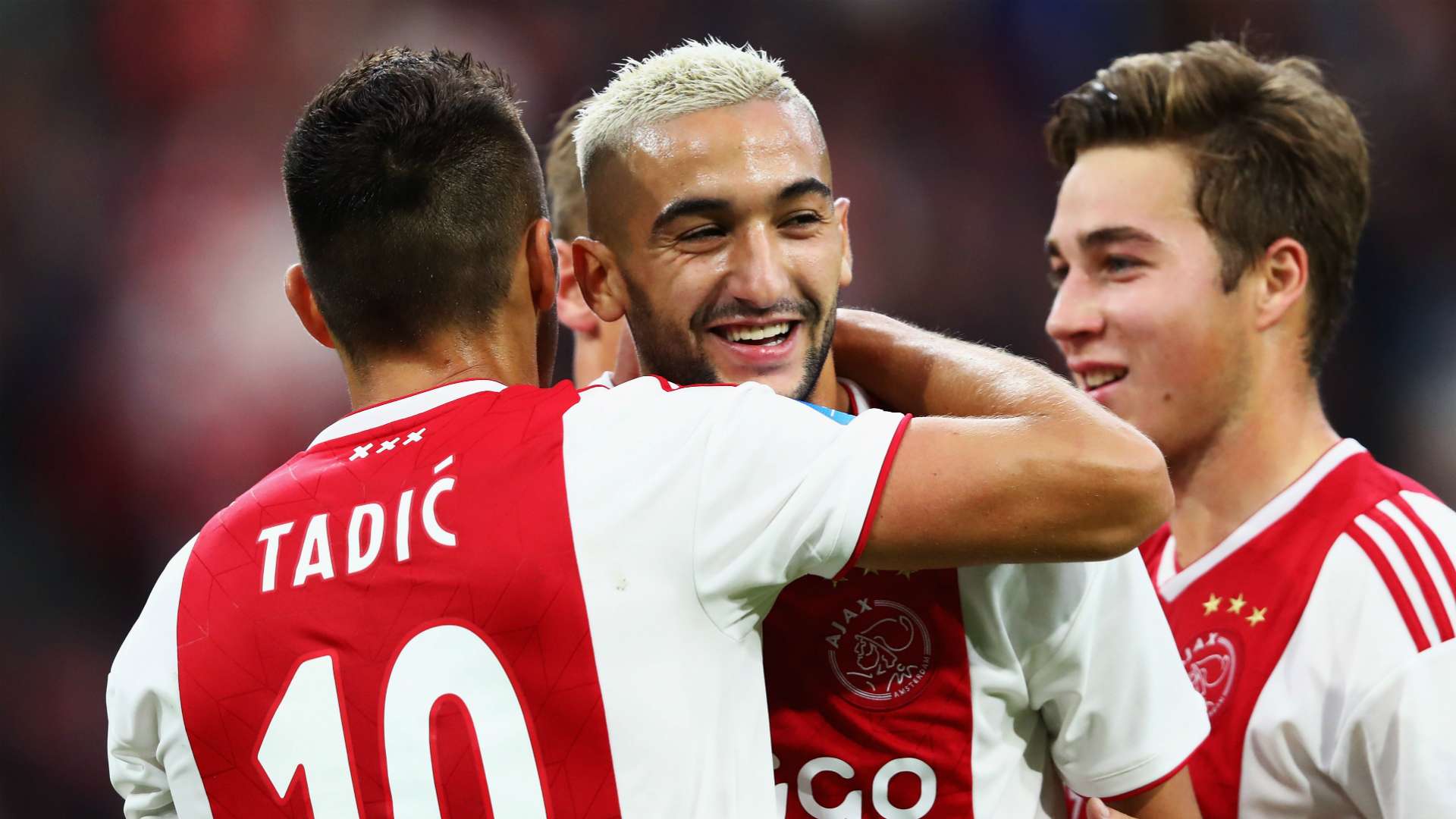 Getty
Getty
While Wilfred Ndidi’s absence from the midfield has prompted some criticism on social media, Ziyech’s omission from the team—Naby Keita and Riyad Mahrez both made it—is baffling.
The playmaker was arguably the Eredivisie’s outstanding individual last season, scoring nine and contributing 15 assists as Ajax were pipped to the title.
This term, he’s already scored more—netting 10 in 14 Dutch top flight outings—while weighing in with six assists.
It’s an almost unparalleled return among African players in Europe’s biggest leagues, and Ziyech has been influencing contests—and at times eviscerating teams single-handedly—with alarming consistency.
Yet Caf have opted for Keita, who hasn’t come close to showing his RasenBallsport Leipzig form in eight Premier League starts for Liverpool so far this season.
 Backpagepix
Backpagepix
Finally, while goalkeeper Denis Onyango has enjoyed a fine year—winning the PSL title with Mamelodi Sundowns and helping Uganda to the Afcon without conceding a goal—is he Africa’s best in his position.
In terms of Africa-based stoppers, Anas Zniti of Morocco and Raja Casablanca—an African Nations Championship winner with his club and a Caf Confederation Cup winner with his country—could have been a legitimate rival to Onyango.
And what of Andre Onana?
The Cameroon stopper made the final 10-man shortlist for the African Footballer of the Year award after helping Ajax to the joint-best defensive record in the Eredivisie so far this season.
He also conceded just two in Ajax’s first five Champions League group stage games as they advanced to the knockouts, and has displaced Fabrice Ondoa as Cameroon’s Number One.
Onana’s omission is one of the last bizarre elements of this Dream Team, although at least his time will surely come in the future.
On this occasion, however, it appears as though the Cameroon stopper—as well as Hakimi and others—has been the victim of a popularity contest rather than a measured assessment of players’ merits over the course of 12 months.
Once again, it’s a Dream XI that serves only to undermine Caf’s credibility, rather than celebrate the pick of the continent’s talent.
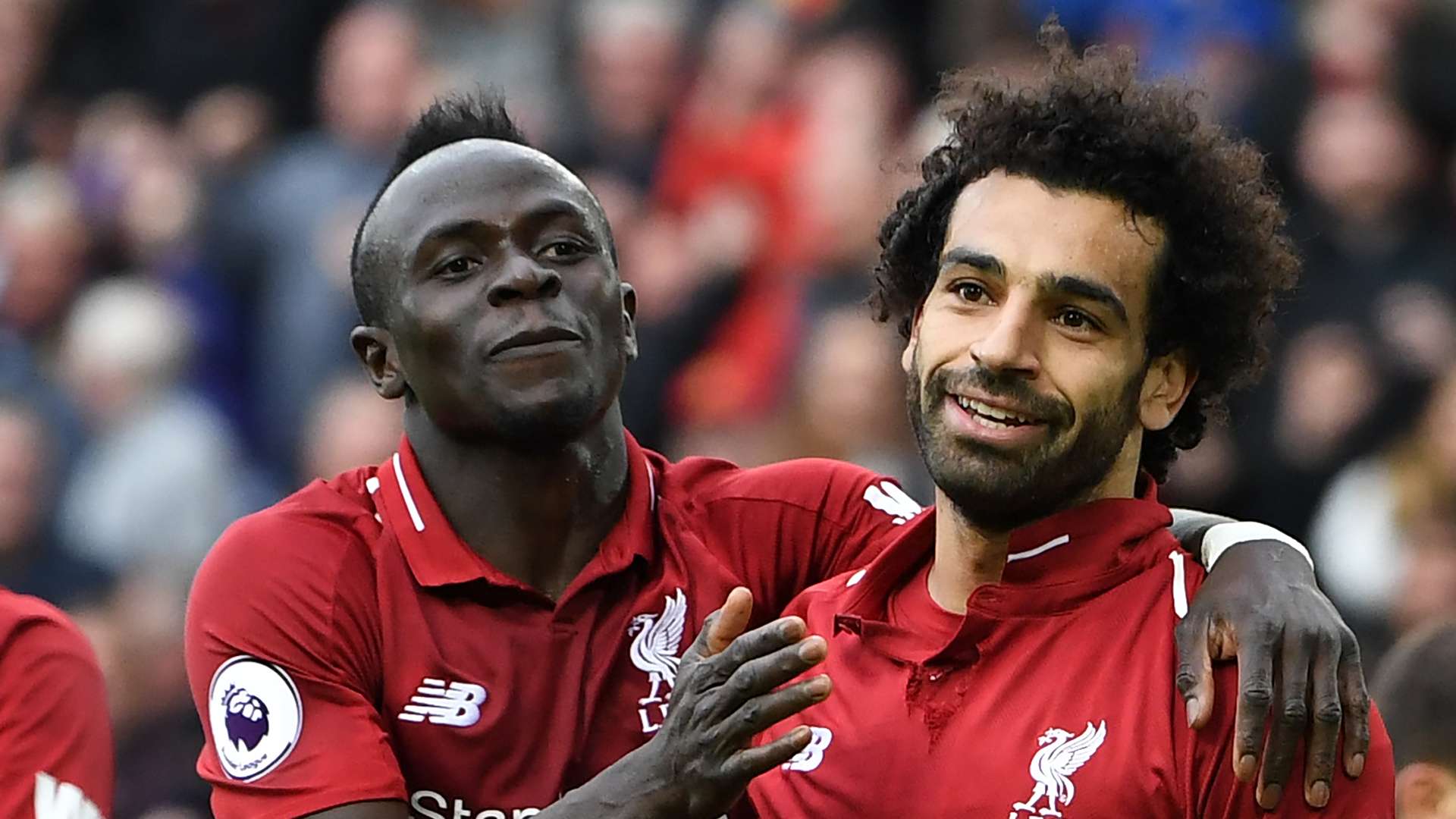



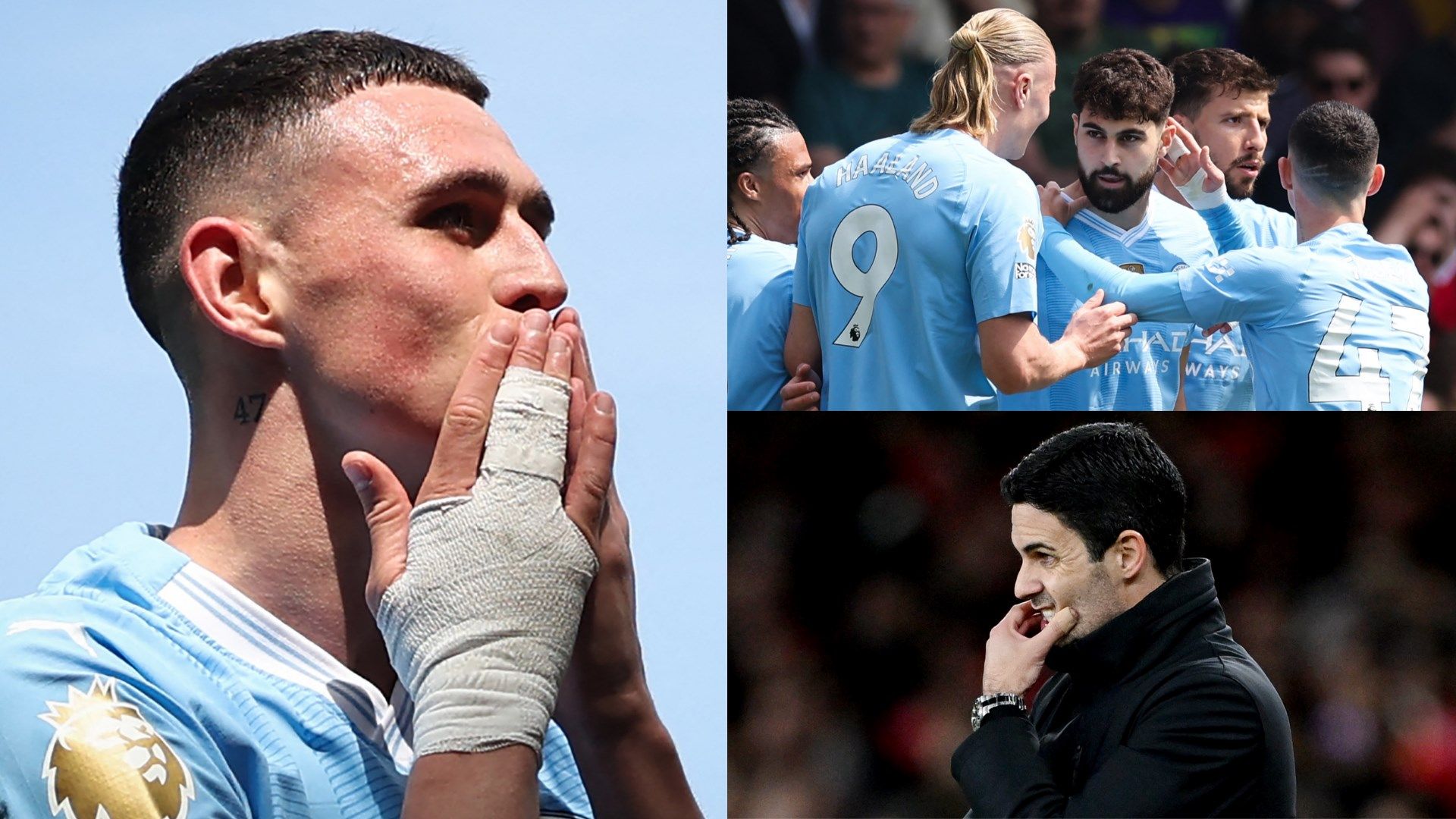.jpg?auto=webp&format=pjpg&width=640&quality=60)